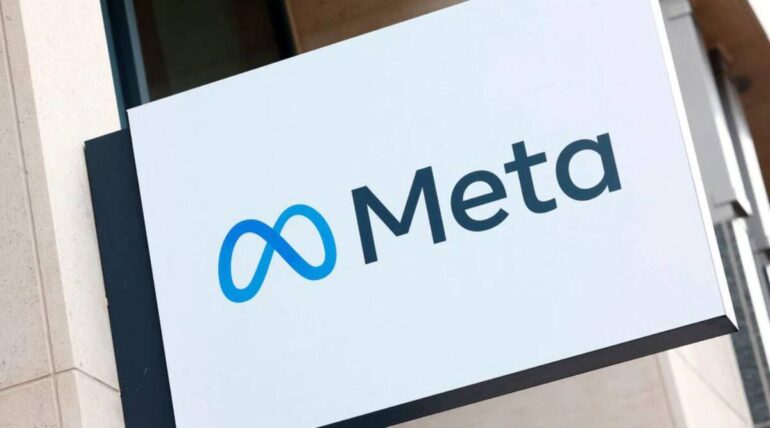TL;DR:
- Meta Platforms, Inc has faced challenges in fully adopting AI technology despite a substantial investment in AI research.
- A comprehensive evaluation of the company’s computing capacity revealed significant gaps in its tooling, workflows, and processes for AI development.
- Late adoption of GPUs for AI work, pivot towards metaverse, and scrapped AI chip projects have hindered its ability to compete in the generative AI space.
- Meta doubled its capital expenditures and placed orders for billions of dollars worth of Nvidia Corp GPUs and plans to develop an in-house chip for training AI models by 2025.
- Generative AI is a key focus for the company, and a product release is forecasted for this year.
- Financial squeezes and record-level layoffs may pose obstacles to the company’s AI development plans.
- Despite challenges, the company remains committed to investing heavily in AI to bridge the gap in its tooling, workflows, and processes for AI development.
Main AI News:
Despite substantial investment in AI research, Meta Platforms, Inc has faced challenges in fully adopting AI technology for its primary business operations. In an effort to address these challenges, the company conducted a comprehensive evaluation of its computing capacity, which revealed significant gaps in its tooling, workflows, and processes for AI development. This evaluation was noted in a company memo by the new head of infrastructure, Santosh Janardhan.
One of the major obstacles to Meta’s AI adoption has been its late adoption of graphics processing units (GPUs) for AI work. The company’s pivot towards the metaverse and the scrapping of its AI chip project has also hindered its ability to compete with tech giants in the generative AI space. The growing popularity of Microsoft Corp-backed OpenAI’s ChatGPT has triggered an arms race among tech companies to release generative AI products, further amplifying the urgency for Meta to address its AI-related challenges.
In an effort to address these challenges, Meta doubled its capital expenditures and placed orders for billions of dollars worth of Nvidia Corp GPUs. The company is retooling its data centers to accommodate the GPUs and plans to develop an in-house chip for training AI models and to perform inference, which is expected to be completed by 2025. The company’s Chief Technology Officer, Andrew Bosworth, has stated that generative AI is a key focus for the company and forecasts the release of a product this year.
However, Meta’s financial squeeze, which has resulted in record-level layoffs since November, may pose obstacles to its AI development plans. The company’s late embrace of GPUs for AI work and pivot towards the metaverse have left it trailing behind peers such as Alphabet Inc and Google. Despite these challenges, the company remains committed to investing heavily in AI to bridge the gap in its tooling, workflows, and processes for AI development.
Conlcusion:
The challenges faced by Meta Platforms, Inc in fully adopting AI technology highlight the importance of having a comprehensive and well-equipped infrastructure for AI development. The growing popularity of generative AI products among tech giants has increased the urgency for companies to invest in AI infrastructure and bridge the gap in their tooling, workflows, and processes.
The company’s commitment to investing heavily in AI, despite financial challenges, suggests a bullish outlook for the AI market. Companies that invest in a robust infrastructure for AI development are likely to be well-positioned to compete in the growing generative AI space and benefit from the market’s growth potential.

